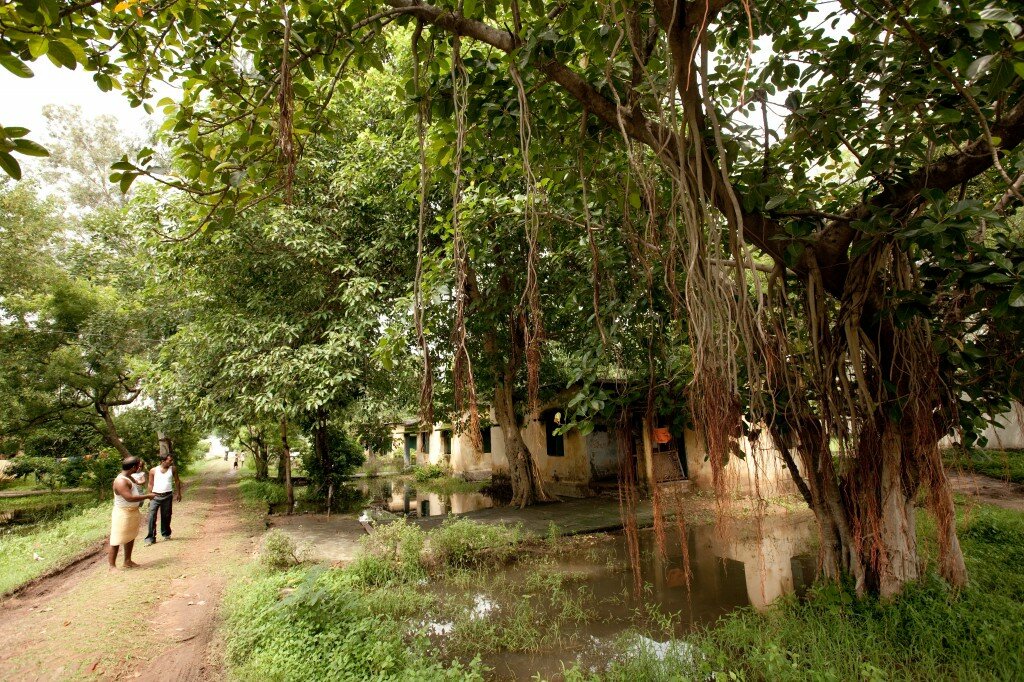Earlier this month, The Senate Appropriations Subcommittee on State, Foreign Operations and Related Programs, chaired by Sen. Lindsay Graham (R-SC), conducted a hearing on Global Health Programs highlighting U.S. investments in significant global health efforts such as the President’s Emergency Plan for AIDS Relief (PEPFAR) and the Global Fund to Fight AIDS, Tuberculosis and Malaria (Global Fund).
Powerful testimonies were delivered from dedicated global health advocates, including Ambassador-at-Large Deborah L. Birx, M.D., Coordinator of the United States Activities to Combat HIV/AIDS and Special Representative for Global Health Diplomacy, U.S. Department of State; Dr. Mark Dybul, Executive Director, The Global Fund; Sir Elton John, Founder, Elton John AIDS Foundation; and Dr. Rick Warren, Pastor, Saddleback Church.
While discussing the financial and programmatic difficulties of working to combat diseases such as HIV/AIDS, tuberculosis and malaria, Ranking Member Leahy (D-VT) underscored the importance of investing in prevention stating that “Many of these diseases can be prevented for just a few dollars.” As we have learned from the recent Ebola outbreak in West Africa, investing in preventative measures is much more cost-effective than attempting to contain a major outbreak. The Senator added:
“Very few Americans suffer from malaria, polio, Dengue fever, or river blindness. Can you imagine if they did? You’d have people lined up out here saying ‘What are you spending, let’s do something about it!’…This goes beyond politics or economics…we can do better.”
Dengue fever and river blindness are neglected tropical diseases (NTDs) transmitted to humans through bites of infected blackflies and mosquitoes, respectively. Dengue fever can cause severe joint, muscle and bone pain, and river blindness, also known as onchocerciasis, can lead to visual impairment and permanent blindness. Globally, 1.9 billion people are at risk for NTDs. These diseases result in severe physical disabilities and they prevent children from attending school or adults from working – resulting in an endless cycle of economic hardship.
By adding NTDs to the conversation, Sen. Leahy drew attention to a critical link between NTDs and other infectious diseases such as malaria, for example. In many parts of the world, NTDs are a result of inadequate water supply, limited access to sanitation facilities and poor hygiene. Mosquitoes breed in areas with stagnant water and can transmit not only malaria, but also NTDs including dengue fever, lymphatic filariasis and chikungunya.
Synergies such as these stress the importance of partnerships and building more resilient health systems. One way that initiatives such as the Global Fund and PEPFAR work to strengthen health systems in countries and communities is by investing in community health workers.
The Global Network thanks Chairman Graham and Sen. Leahy for holding this productive hearing. The testimonies from this panel of experts underscore the critical role the U.S. Government plays in combating global health issues. Because we have made such enormous strides in the fight against many infectious diseases, including NTDs, we cannot risk reversing the results we have achieved so far. Those living in extreme poverty around the world are counting on our help.
Funding for the U.S. Agency for International Development’s Neglected Tropical Disease (USAID’s NTD) Program is at risk due to the President’s proposed budget of $86.5 million for FY2016 – a $13.5 million drop from the $100 million allocated by Congress for FY2014 and FY2015. The USAID NTD Program is an extremely successful and cost-effective public-private partnership that has reached more than 465 million individuals in 25 countries with life-saving treatments.
The Global Network’s END7 campaign is taking action against the proposed budget cuts with its “Call to Action” petition. To get involved and speak out, add your name here.





